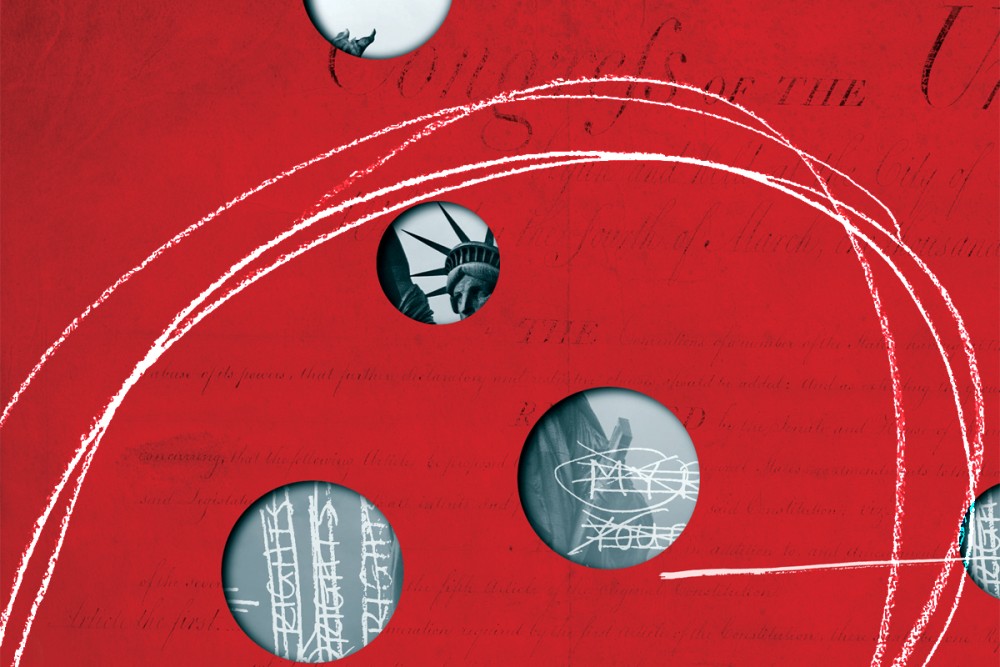The language of rights and its limits
My niece Butterfly has me thinking about bodies, love, and responsibility.

A great deal of our present social discourse employs the language of rights. We assert various rights, and we argue with one another about who has what rights and whose rights are violated by the exercise of other people’s rights.
As a Christian of African descent, I come from a long tradition that sees the language of rights as all but synonymous with what it would mean for justice to “roll down like waters and righteousness like a mighty stream.” I’ve been the beneficiary of this tradition, and I am well aware of the significant role the language of rights has played in the ethical development of this country.
The great Frederick Douglass steeped his crusade against slavery on the idea of natural rights. When Malcolm X spoke the now-famous phrase, “by any means necessary,” he was emphasizing a demand for the human rights of African Americans to be respected. The Black Lives Matter movement may have jettisoned the organizational structure of previous freedom-fighting organizations like the Southern Christian Leadership Conference, but BLM has maintained SCLC’s use of rights language as a viable part of a strategy for change. No Black preacher worth their salt, including yours truly, can long avoid referencing the poetic Jeffersonian line, “We hold these truths to be self-evident, that all men are created equal, that they are endowed by their Creator with certain unalienable Rights.”




